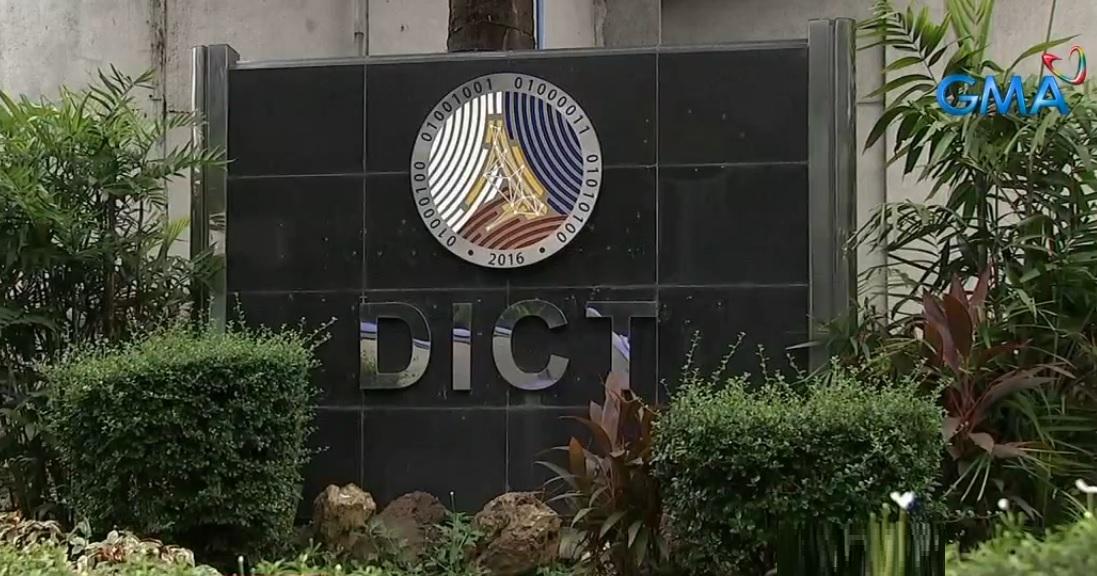
The Department of Information and Communications Technology (DICT) on Wednesday said that it is working with social media sites to address false content made with artificial intelligence (AI), especially ahead of Eleksyon 2025.
This was disclosed by DICT Undersecretary Jeffrey Ian Dy during the Senate finance subcommittee’s hearing on the agency’s proposed P7.8-billion proposed 2025 budget.
“We have a coalition with major social media platforms. We agreed on a watermarking and categorization system. Once they detect that it is an AI generated or edited video in general or a video that was shown without the sufficient context, pagtutulong-tulungan namin ma-detect [we will work together to detect it] and they will watermark it,” Dy said.
“They will put a label saying either this video is out of context or maglalagay sila ng [they will put a label that states] ’this is possibly AI generated,’” he added.
The DICT official also told the Senate panel that the DICT has information materials to help the public detect if the content is AI-generated or not.
However, Senator Raffy Tulfo told the DICT that he has not seen DICT’s actions against fake AI-generated content.
“You haven’t done nothing for me as far as I’m concerned… ‘Yung mga tao ko mismo ang tumawag sa Facebook. Tao ko mismo ang gumawa ng paraan para ma-delete ‘yun. Pero kayo wala, wala kayong nagawa,” Tulfo said.
(My own staff members called Facebook to delete the content. You have not done anything.)
Dy apologized that the DICT was not able to address some content, but told Tulfo that they “have record of URLs reported to social media which were blocked, removed.”
The DICT also emphasized that there is no law yet that will enable them to regulate social media plaforms.
“Nire-report lang din namin ito…Mas mabilis kasi we have back-end but the decision to remove or categorize it is with the platforms,” he said.
(We just report this content. It is faster because we have a back-end, but the decision to remove or categorize it is with the platforms.)
Meanwhile, Senator Sherwin Gatchalian told the DICT to step up as he divulged that government sites are the most targeted by data breached from January to August of 2024.
According to Gatchalian, the sectors with the most number of data breaches are:
- Government offices: 40%
- “Other sites”: 18%
- Financial and education sectors: 15%
- Manpower agencies: 12%
“Itong [these] government breaches should go down because nakakahiya naman na [it’s embarrassing that] we are forcing the private sector to comply with data privacy laws but we, government, we’re not complying,” Gatchalian said.
National Privacy Commission (NPC) Commissioner and Chairman John Henry Naga admitted that government offices “really need to update” their firewalls, antivirus, and cybersecurity.
“We need to have the proper physical technical and organizational security measures,” Naga said.
“We do conduct compliance check every now and then. But due to very limited manpower of the National Privacy Commission, we can only do so much,” he added.
Naga also noted that the Department of the Interior and Local Government has already issued a memorandum circular last September 12, 2024 which require all government units to register with the NPC.
The NPC was required to submit a report on the local and national agencies’ compliance on Data Privacy Law as he emphasized the importance of protecting the data that the agency is collecting. — BM, GMA Integrated News


